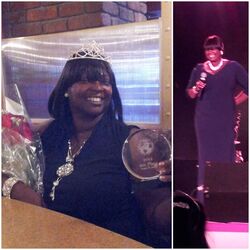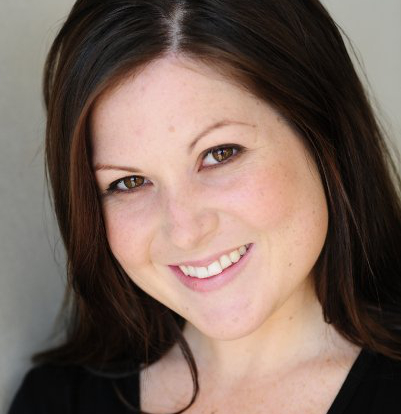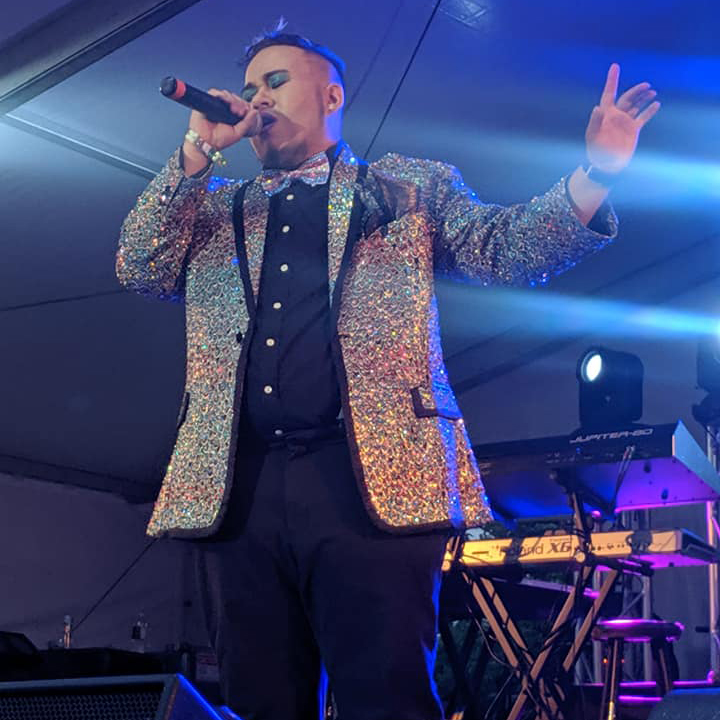3 Daring Singing Styles That Will Get You In Trouble
Do you have a singing style? Or is your style getting in the way of your vocal goals?
In this post, we’ll talk about the top three singing styles that can keep you from achieving your goals. We’ll also talk about why you need a singing style.
If you’re more of a visual learner, check out the video below!
What is singing style?
Singing style is how you express yourself to the world through song. It’s what draws listeners in to you and makes them want more. It’s your personal expression, from how you sing to how you show up in front of an audience.
Let’s start by breaking down the three singing styles you should avoid:
The Copycat
The Copycat is a singer who tries to sound, look, or behave like the original recording. Their goal is to sound just like someone else.
This is problematic because the Copycat is hiding behind their best impersonation. Instead of singing with their own style, they’re only giving their best imitation, which compromises their own style development.
And listeners will always prefer to listen to the original.
Unless you’re getting paid to be an impersonator, try not to be a Copycat in your singing!
The Chameleon
The Chameleon is a singer who unintentionally sounds, looks, or behaves like the original recording.
The problems for the Chameleon are the same as those of the Copycat. But because it’s unintentional for the Chameleon, it’s a much harder habit to break.
The other problem is that listeners have a hard time knowing who you are as a singer, as an artist. If you’re always transforming into somebody else, the audience doesn’t see the real you. They think you’re just great at doing a bunch of impressions.
I’ve worked with many Copycats and Chameleons. And there’s this unspoken belief that the listeners expect you to sound like the original. Or to look like or behave like the original, rather than bringing your own flavor to it. And that’s simply not true.
The Cryptographer
The third singing style that can get you into trouble is the Cryptographer.
The Cryptographer is someone who hides in a different way. They put so many embellishments into the original song that the melody becomes unrecognizable. Riffing is an awesome tool in your singing, however, a Cryptographer will overdo things like riffs and runs to the point the song is unidentifiable.
This approach usually comes from the singer not being sure of what to do. Sometimes it’s done out of a desire to impress.
The problem with this singing style is that the listeners’ ears become fatigued. Instead of enjoying the song and connecting to you as an artist, the audience is just trying to make out the melody.
One song can feel like an eternity with the Cryptographer’s singing style. With so much going on in a sea of riffing, listeners are trying to keep up and figure out where you are in the song.
It’s very difficult to get the audience on your side—to vote for you, to like you, to buy your records—if you’re embellishing everything, instead of embellishing only the most important moments.
It’s Normal To Not Have Your Own Singing Style
If you’re identifying with any of these three singing styles, know that it is completely normal!
Almost every singer starts out in one of these categories before finding their own style.
Singers often find themselves singing in one of these styles because of insecurity. They find that it can be safer to sound like someone else instead of exposing their own unique voice.
Why You Need a Singing Style
It’s so important to develop your own singing style because the audience wants to hear YOU. You have a point of view that is completely unique. This is what an audience wants to hear. They want to hear you tell your story, feel your emotions and feel connected.
When you have your own singing style, you’re able to get the audience to say yes—yes to liking you, buying your records, choosing you at the audition, etc.
If you’d like to develop your own singing style, the first place to start is knowing who you are as an artist. Take my POWER Type Assessment to find out what your unique performing power is and more!

POWER Type Assessment [FREE Quiz]
Once you know your POWER Type, you’re able to develop a strategy for achieving your singing style goals.
I would also recommend getting the support of a coach. A coach can help you identify things about yourself that help you in the development of your style. They can also be your support system on your journey as an artist.
It takes a lot of courage to find your singing style, to have your own point of view to express who you are. So be sure to find a coach who understands that singing is vulnerable, and who will support you through your challenges.
You are far more interesting than anyone you might want to sound like, and that is what we want to hear. Avoid these three singing styles, step out and discover your own, and be the artist you’re meant to be!
Which singing style did you see yourself doing? I would love to hear from you! Leave a comment below!




















Have a question or something to say? You'll hear back from me right away!